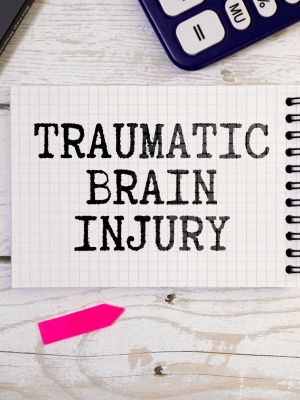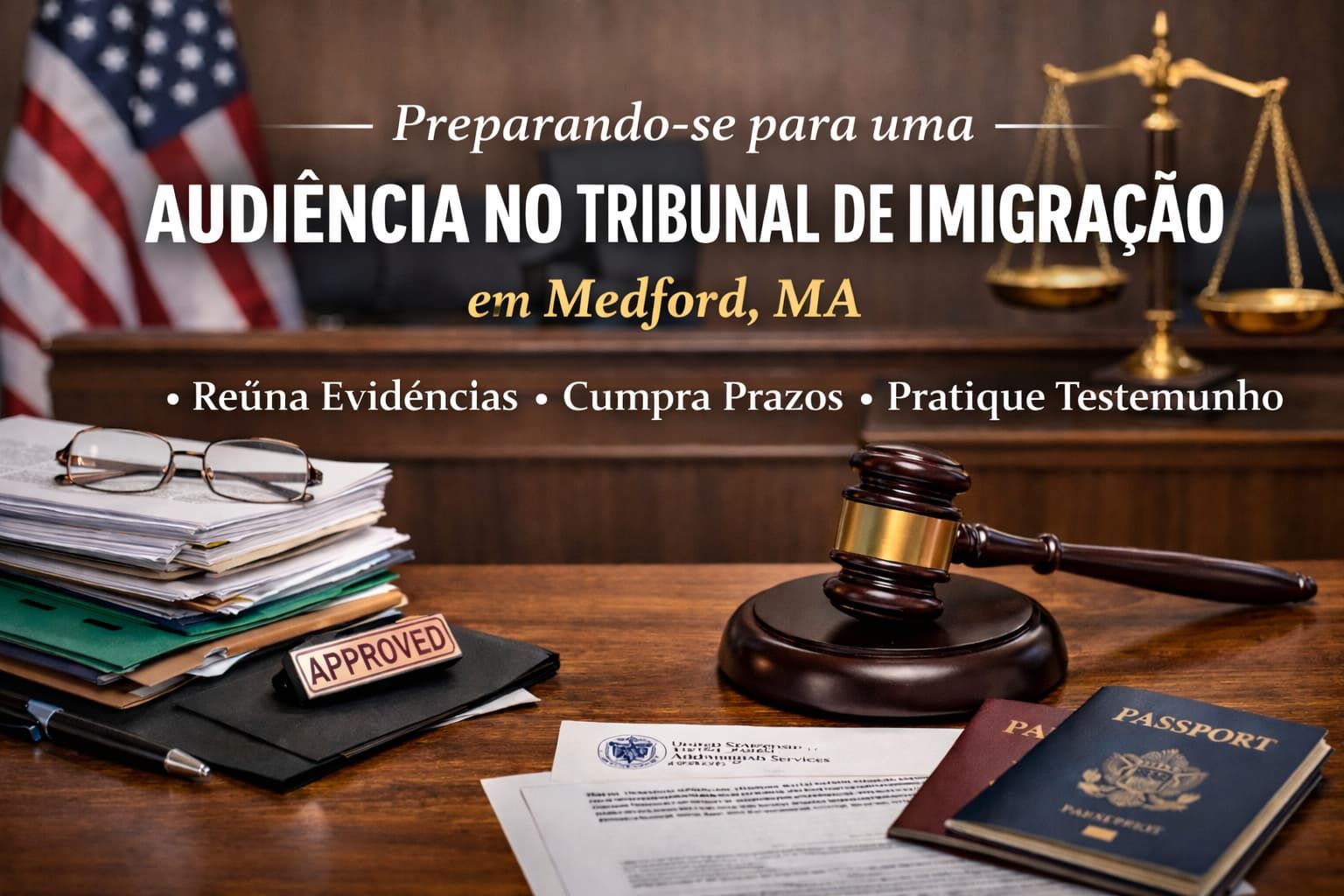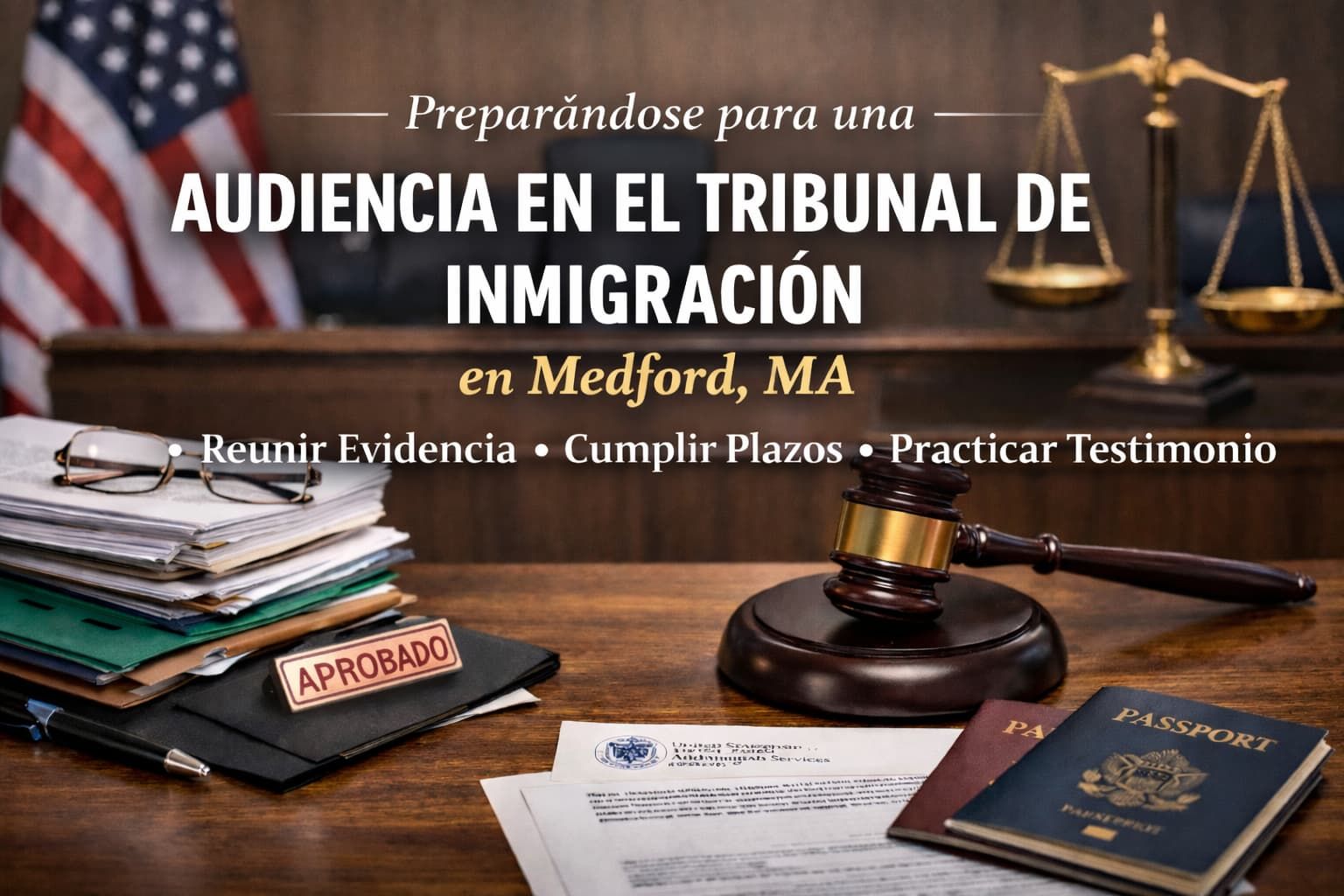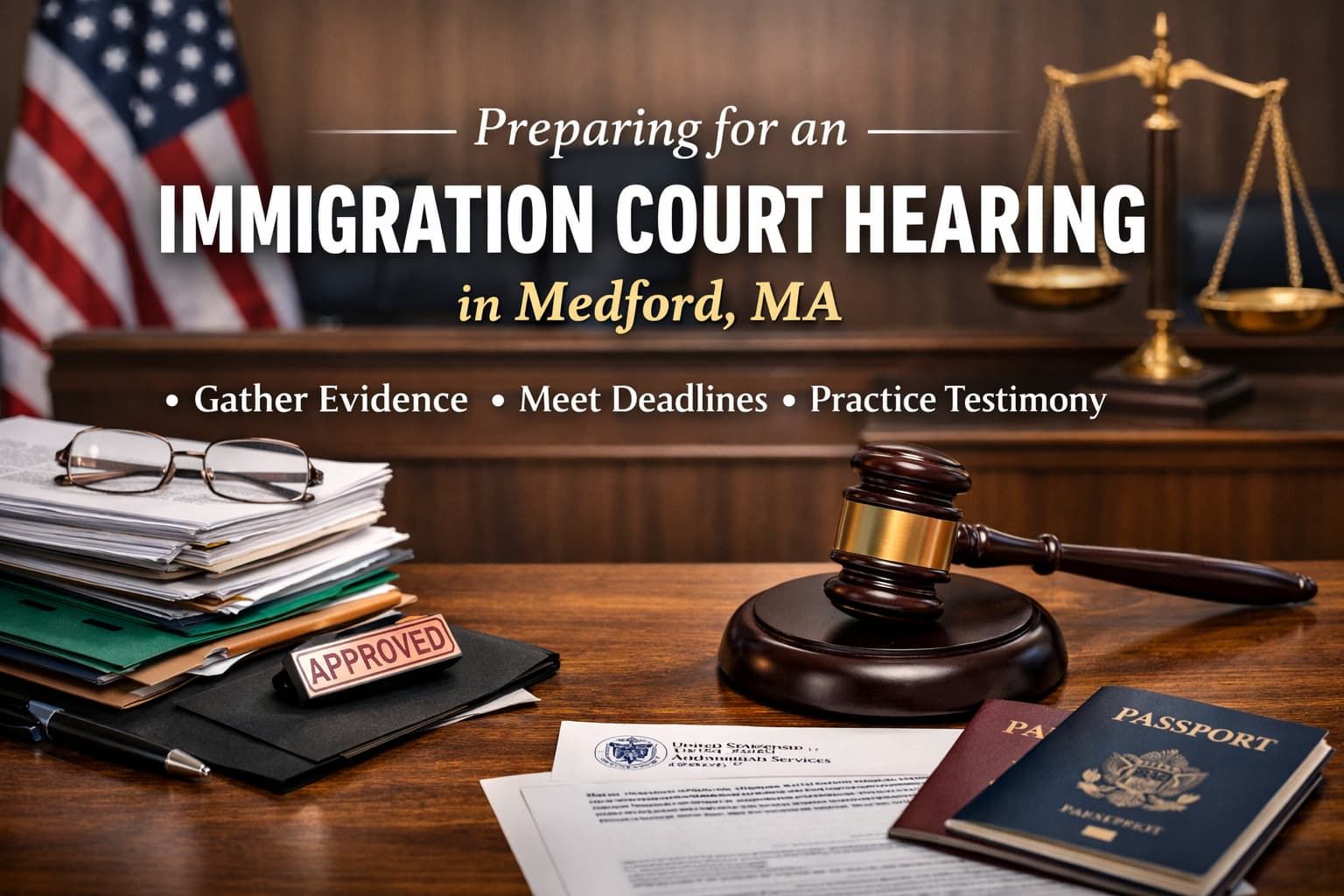What Are the Most Common Examples of TBI?
A traumatic brain injury (TBI) has the capacity to alter a person’s life in an instant. Beyond the immediate pain and confusion, victims may face ongoing memory loss, difficulty speaking, loss of motor control, mood disorders, and permanent cognitive decline. These effects disrupt families, end careers, and create financial pressure that lasts for years.
When another party’s actions cause such harm, the law allows victims to seek recovery for their pain and reduced quality of life. Yet, determining the scope of compensation depends greatly on the type and severity of the brain injury sustained.
At Brooks Law Firm, our Massachusetts personal injury lawyers handle different forms of traumatic brain injuries in various medical and legal contexts. Call us at (617)245-8090 to discuss your form of TBI and how to secure full and fair financial recovery.
Key Takeaways About Traumatic Brain Injuries (TBI’s)
- TBIs are among the costliest personal injuries since severe cases can lead to lifelong medical care, mobility support, and cognitive rehabilitation.
- The type of brain injury determines legal strategy, and each requires different forms of evidence and professional testimony to prove liability and damages.
- Even minor TBIs may still cause chronic headaches, concentration problems, and emotional instability that interfere with employment and relationships.
- Proving a TBI often depends on documentation, including neurological assessments, behavioral records, and testimony from family members.
- Because minors with TBI cannot file on their own, the statute of limitations typically starts once they reach adulthood.
- TBIs caused by workplace accidents fall under workers’ compensation. However, third-party negligence can create additional claims beyond workers’ comp.
- A lawyer documents every medical and financial consequence of a TBI to support fair compensation.
Forms of Traumatic Brain Injuries
While every brain injury is unique, most fall within several medically recognized categories. Different TBIs require unique considerations when building a compensation claim, as the legal process must account for physical symptoms and cognitive and emotional consequences that affect long-term recovery and earning potential.
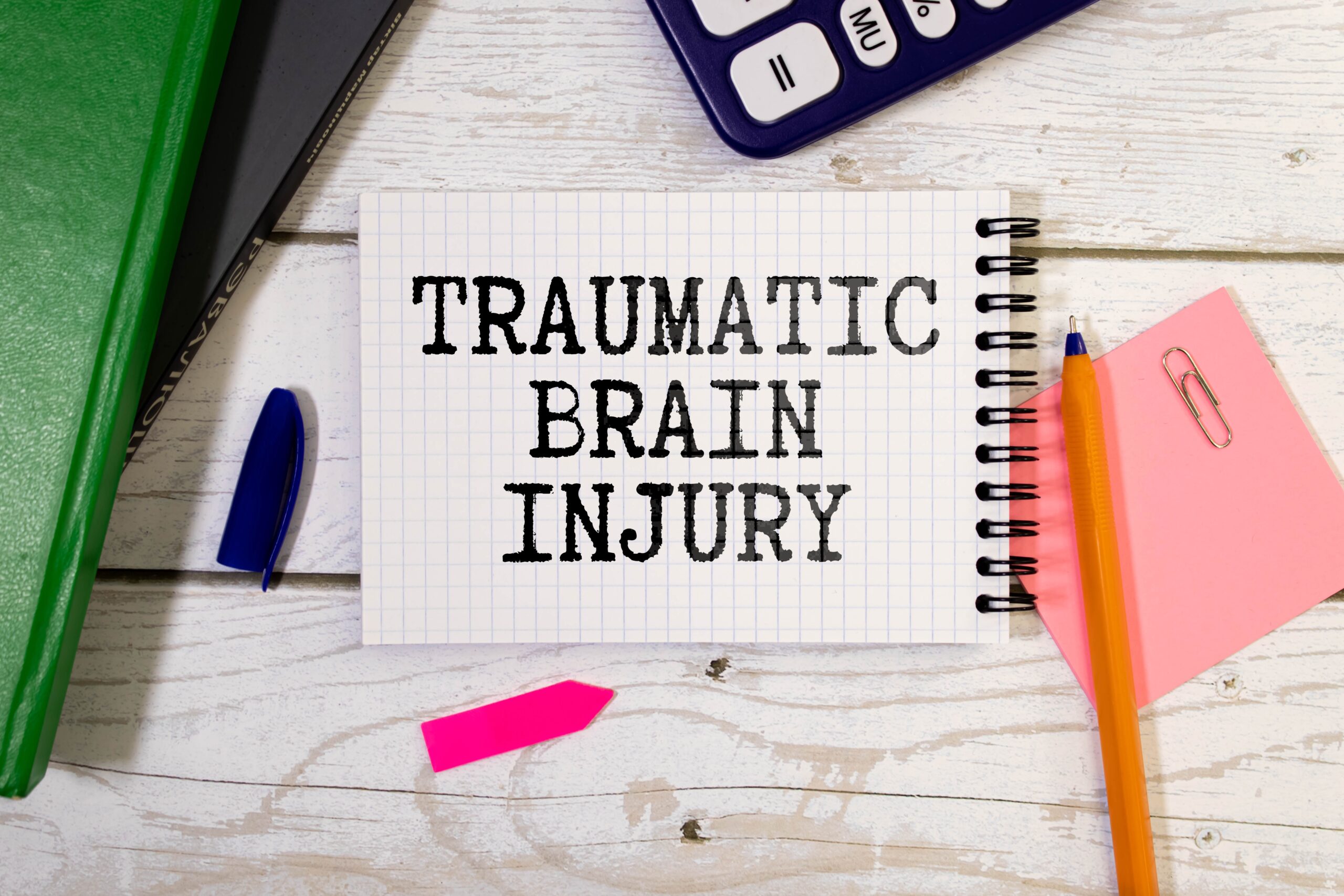
Here are the frequently encountered types of TBIs:
Concussions
A concussion happens when the brain experiences a sudden jolt or impact inside the skull, causing chemical and neurological disturbances. Though commonly described as “minor,” concussions can produce lasting symptoms such as dizziness, headaches, memory lapses, and difficulty concentrating.
From a legal perspective, concussions can be challenging to prove because imaging scans may appear normal despite significant functional impairment. Attorneys at Brooks Law Firm rely heavily on medical documentation, witness accounts, and post-accident behavioral changes to establish that the concussion meaningfully disrupted the victim’s life. Even so-called minor TBIs can lead to substantial settlements if they result in lost income or prolonged cognitive difficulties.
Contusion
A contusion is a localized bruise on the brain tissue, mostly caused by a severe blow to the head. It can lead to bleeding and swelling within the skull, sometimes requiring surgical intervention. Victims may experience confusion, slurred speech, or loss of consciousness.
Legally, the presence of a contusion supports a stronger medical foundation for a claim because it provides visible proof of trauma. However, the case’s value often hinges on how the injury impairs the victim’s ability to work or maintain daily function. You will need a detailed medical evaluation and professional testimony to demonstrate the full scope of this harm.
Coup-Contrecoup Injury
This injury occurs when the brain is struck on one side and bounces against the opposite side of the skull, causing damage in two areas. The result can be extensive cognitive and emotional impairment.
In litigation, coup-contrecoup injuries are significant because they reflect violent force, usually consistent with severe car or truck accidents. Lawyers must illustrate not only the visible trauma but also how the brain’s dual-site damage impacts speech, reasoning, and emotional regulation. These injuries frequently lead to long-term care needs, substantially increasing the case’s lifetime value.
Diffuse Axonal Injury (DAI)
A diffuse axonal injury happens when the brain’s nerve fibers stretch excessively from rapid acceleration or deceleration. Victims with severe DAI may fall into a coma or experience lifelong neurological impairment.
Legally, DAIs are among the most complex brain injuries to litigate. The attorney must collaborate with neurologists and neuropsychologists to demonstrate the subtle but devastating effects of microscopic brain damage. The lifetime costs of paralysis, assisted care, and specialized therapy can raise compensation demands into the millions, especially when the victim is young or previously worked in a skilled occupation.
Penetrating Brain Injury
This occurs when an object, such as debris from a crash or a piece of machinery, pierces the skull and damages brain tissue. The resulting trauma is often catastrophic, with immediate and lasting effects on movement, cognition, and independence.
Because liability in penetrating injury cases is generally easier to establish, the legal focus shifts to quantifying the economic and non-economic damages. Lawyers engage medical professionals to calculate future medical care, assistive devices, home modifications, and round-the-clock nursing support. These cases tend to involve claims for permanent disability or even wrongful death when the injury proves fatal.
Anoxic or Hypoxic Brain Injury
These injuries develop when the body or brain doesn’t receive enough oxygen. Instances that cause these injuries include a near-drowning, a surgical error, or a prolonged cardiac arrest. Even brief oxygen deprivation can result in permanent cognitive and physical disability.
These cases are highly fact-specific in personal injury claims and frequently involve medical malpractice or workplace negligence. Traumatic brain injury lawyers must establish the precise chain of events leading to oxygen loss and quantify the ongoing costs of care, including physical therapy, speech rehabilitation, and assistive living arrangements.
Factors That Influence TBI Compensation
It is not possible to have two traumatic brain injury (TBI) cases that are identical. Even when two victims suffer similar medical diagnoses, the compensation can vary greatly depending on individual circumstances. Personal injury law seeks to restore the injured person, as much as possible, to their prior condition, both financially and functionally. To achieve this, several key factors determine the potential settlement or verdict value in a TBI claim. These include the following:
Severity and Type of Brain Injury
The more serious the brain trauma, the greater the potential compensation. Cases involving diffuse axonal injury, skull penetration, or extended unconsciousness generally lead to higher damages than minor concussions. Severity directly impacts medical costs, recovery time, and the ability to return to work.
Lawyers usually rely on medical records, MRI or CT scans, and professional testimony to substantiate the extent of brain damage and its expected long-term effects.
Medical Treatment and Future Care Needs
TBIs frequently require long-term treatment that extends beyond the initial hospital stay. Rehabilitation, therapy, medication, and specialized care can continue indefinitely.
Your traumatic brain injury lawyer may engage medical economists to estimate future medical expenses and include them in the claim. If the victim requires in-home assistance, adaptive technology, or ongoing cognitive therapy, those lifetime costs significantly increase the claim’s value.
Disruption of Earnings
A TBI can severely limit the ability to perform professional duties, temporarily or permanently. Victims cannot resume prior employment or may have to accept lower-paying roles due to cognitive or physical limitations.
Attorneys calculate lost income using pay stubs, tax records, and employment history, and then consult vocationalists to determine lost future earning capacity. For victims in high-skill professions or younger individuals facing decades of reduced income, this category of damages can form a large portion of the total settlement.
Long-Term Disability and Independence
Severe brain injuries can result in lasting disability or total dependence on caregivers. Loss of mobility, paralysis, or diminished self-care ability fundamentally alters a person’s life and family responsibilities.
In these cases, compensation seeks to cover the lifetime costs of paralysis, mobility aids, and continuous medical supervision. The emotional toll on the victim and their loved ones is factored into non-economic damages, reflecting the profound disruption caused by the injury.
Impact on Daily Life and Relationships
TBIs often affect memory, judgment, emotional stability, and personality, leading to strained family relationships and social isolation. Spouses and children may also file claims for loss of consortium, reflecting how the injury has changed the family dynamic. Lawyers highlight these personal impacts to humanize the claim and help insurers, judges, or juries understand the non-financial consequences beyond medical bills.
Pain and Emotional Distress
Unlike healthcare costs, pain and suffering are intangible but are significant in a personal injury claim. Victims may experience chronic headaches, anxiety, depression, or difficulty adjusting to cognitive impairment. The law recognizes that compensation should address the human dimension of recovery, not just the economic losses. Attorneys demonstrate these damages through psychiatric evaluations, therapy records, and statements from friends or family who observe the victim’s daily challenges.
Insurance Coverage and Defendant’s Financial Capacity
Even with clear liability and significant injury, available compensation can depend on the defendant’s insurance policy limits or financial resources. Attorneys explore all potential recovery sources, including the at-fault party’s personal assets, multiple insurance policies, or third-party claims. When coverage limits are low in your case, your TBI lawyer may pursue umbrella or excess liability policies to bridge the gap between damages and available funds.
Why Do I Need to Work With a Traumatic Brain Injury Lawyer?
Pursuing compensation after a traumatic brain injury (TBI) involves far more than filing an insurance claim. These cases demand a sophisticated understanding of the medical and legal elements of liability and damages. A TBI lawyer becomes your advocate, protecting your rights.
Brain injury cases are legally complex because symptoms may not appear immediately after the accident. Insurers sometimes argue that a minor concussion is a short-term condition when, in reality, the victim may face months or years of cognitive and emotional difficulties. A lawyer familiar with TBI litigation can work with neurologists, neuropsychologists, and other specialists to document the full extent of the injury.
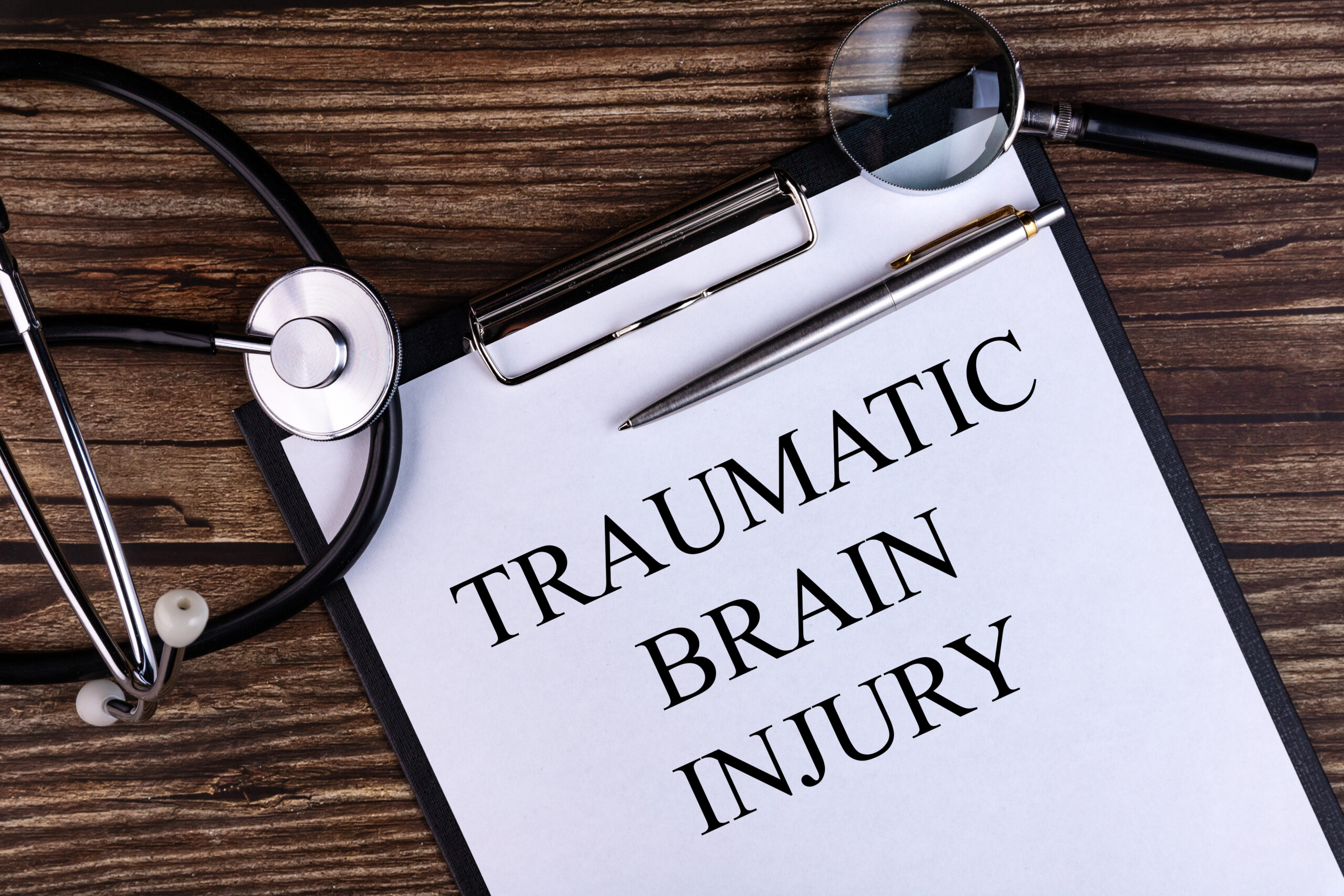
Beyond medical proof, a lawyer will identify parties who may share responsibility for the injury. A single accident can involve multiple defendants, such as a negligent driver, an employer whose worker caused the crash, or a manufacturer whose defective helmet failed to protect the cyclist. These are additional sources of recovery that can boost the compensation available.
Litigation is another area where legal representation becomes vital. If settlement negotiations fail, your TBI lawyer must present the case before a judge or jury. A strong presentation involves professional testimony, visual exhibits of diagnostic scans, and detailed financial assessments that convey the injury’s lifelong impact.
Importantly, your traumatic brain injury lawyer coordinates every aspect of recovery through legal and financial channels. Their involvement allows you to focus on healing while knowing your long-term interests are protected. Timely legal guidance can distinguish between an inadequate settlement and a comprehensive recovery.
Talk To A TBI Attorney Today
A traumatic brain injury claim requires timely legal handling to build a winning claim. At Brooks Law Firm, we work to secure the resources you need for your medical care and future stability. Our team is familiar with the unique nature of TBI claims and will take every step necessary to build a strong case on your behalf. Call us at (617)245-8090 for a free consultation. We will review your injury, explain your legal options, and pursue your rightful recovery.
FAQs: Traumatic Brain Injuries
How does a TBI happen, and why does its cause matter legally?
A traumatic brain injury (TBI) comes from an external force disrupting normal brain function, such as a blow to the head. The manner in which it happens plays a central role in determining liability. For instance, a TBI from a car crash may involve negligent driving or defective vehicle parts, while one sustained at work can trigger a workers’ compensation claim. The underlying cause shapes the type of claim you can file and the insurance policies that apply to your case.
What happens if I already had a prior brain injury before the new accident?
A pre-existing condition does not bar recovery. The law allows compensation for the aggravation or worsening of an existing injury. However, proving the difference between the old and new damage can be complex, requiring detailed medical analysis. A TBI attorney can help establish causation and ensure the defense does not unfairly minimize your claim.
What if my TBI happened during childhood?
Childhood TBIs can have lasting effects that continue into adulthood, including learning challenges and emotional changes. From a legal standpoint, minors cannot file lawsuits independently, but parents or guardians can file on their behalf. Additionally, the statute of limitations for filing may extend until the child reaches adulthood, giving more time to pursue compensation for future medical care and developmental needs.


